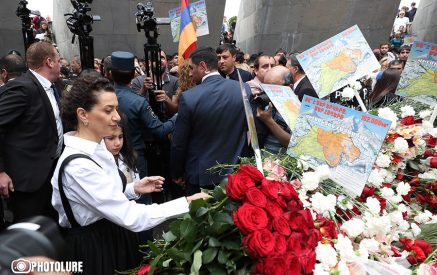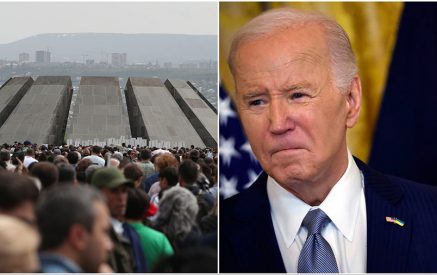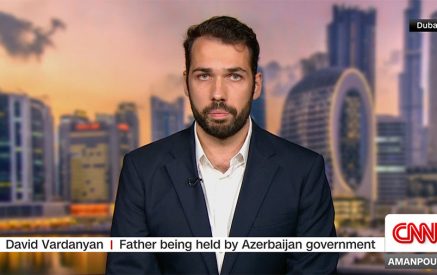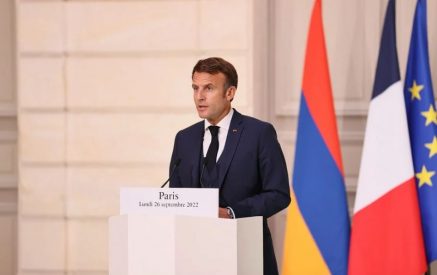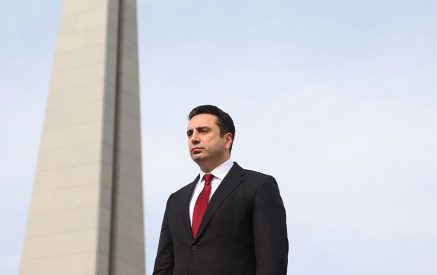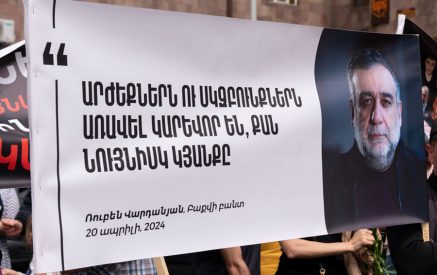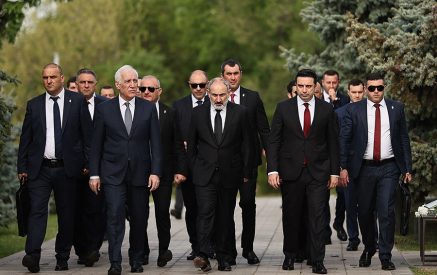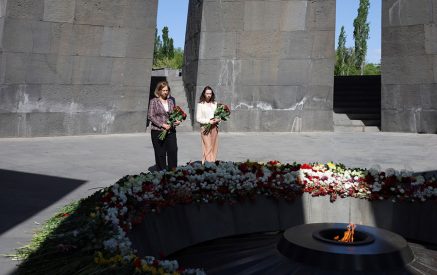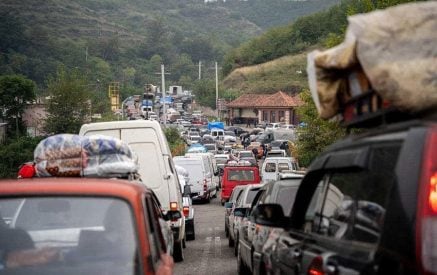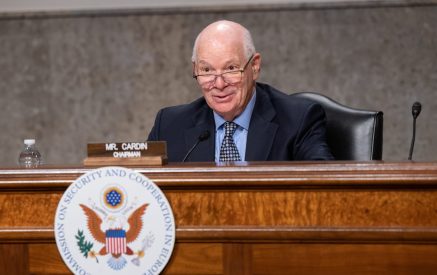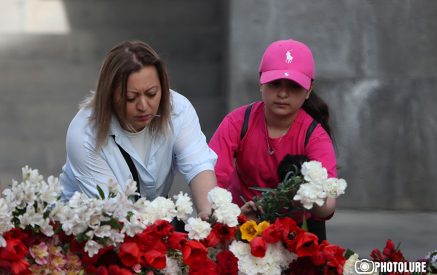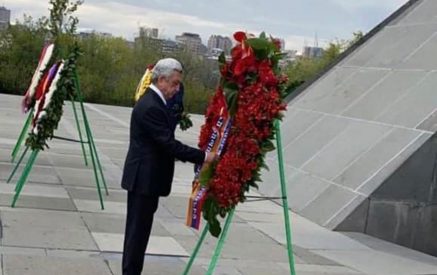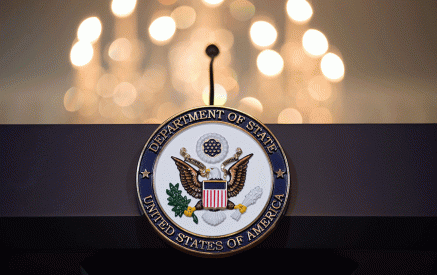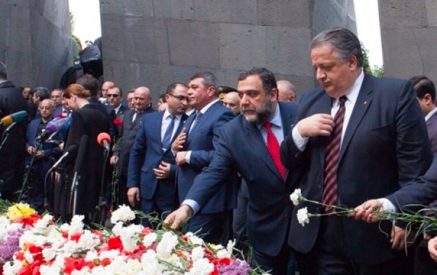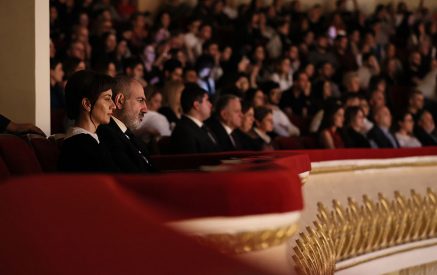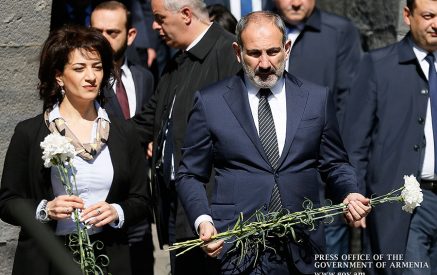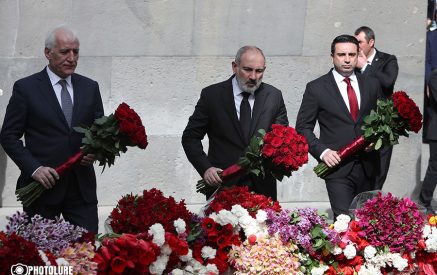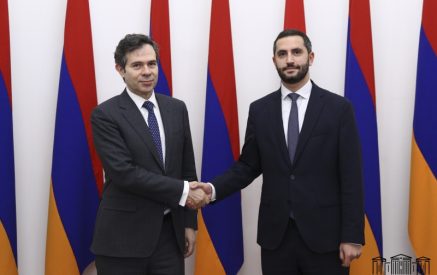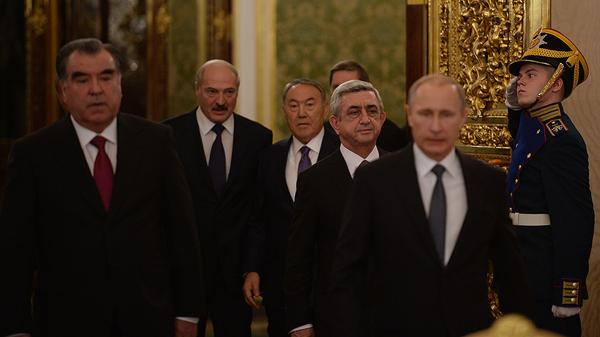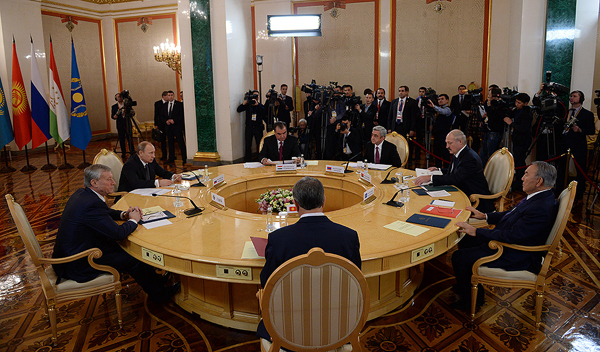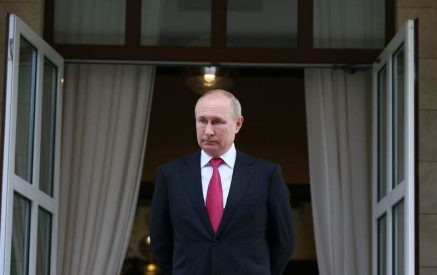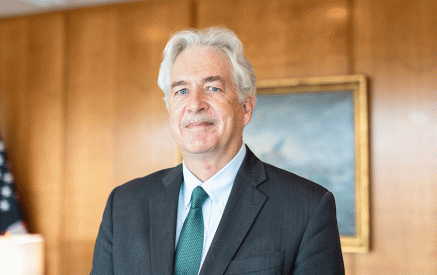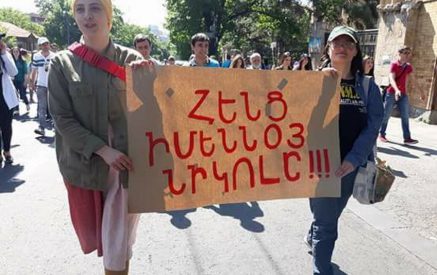As described by Russian president, the CSTO has real chances to solve these challenges
On December 23, Russian President Vladimir Putin signed the bill on ratifying the agreement on Armenia’s membership to the Eurasian Economic Union Treaty. With this document, Armenia will join the EaEU Treaty, as well as other international documents that were signed within the framework of the Customs Union. It is also expected that Armenia’s tariff commitments as a member of the World Trade Organization will be also revised, as well as the common customs tariff under EaEU will also undergo corrections. Russia, Belarus and Kazakhstan signed the EaEU document on May 29 in Astana, the document will come into effect as of January 1, 2015. Note that Russia’s lower and upper chambers of the parliament ratified the agreement signed on October 10 of the current year in Minsk regarding Armenia’s accession to the EaEU Treaty on December 10 and 17, respectively. The CSTO governing body, the Collective Security Council’s session was held in Moscow, on December 23. Russian President Vladimir Putin expressed an opinion that the current difficult situation in the world requires agreed actions from the CSTO member states. “Our summit is being held at a quite difficult period of time, the situation in the world is changing dynamically, old problems are becoming acuter, but unfortunately, new ones are emerging and global security system is deforming,” said Putin in his opening speech at the Summit and added, “All this demands from the CSTO member states well-coordinated joint measures to ensure security of our countries and the region as a whole to combat terrorism, drug trafficking, cross-border crime and prevent natural and man-made disasters.” Putin said that CSTO has real chances to solve these challenges. According to him, coordination of the CSTO member states in major international instances has been improved. CSTO member states will participate in the works of the National Defense Control Center of Russia, announced the president of Russia. “A National Defense Control Center is opened in Russia. Everything has been done exclusively with the use of Russian technologies, with very powerful computer support that has no analogs in the world today. And today, our Secretary of our organization mentioned that all CSTO countries will take part in all the works of the Center.” Putin also added that “Angara – A5” carrier-rocket will be used not only for the economic needs, but also for defense security purposes of Russia and CSTO countries. Next year, the first CSTO Humanities Center will be launched in Armenia, informed Russian President Vladimir Putin at CSTO Council session. “A network of humanitarian centers of the CSTO is being established with active support of Russia, and one of them will be launched in Armenia next year. A similar center will start working in the territory of Kyrgyzstan later.” President of Russia also added that during the presidency of Russia in the CSTO “a close attention was paid to the strengthening of external borders of the Organization, the improvement of collective response forces and means.”
Serzh Sargsyan considered escalation of tensions around Nagorno-Karabakh conflict unacceptable
Read also
At the CSTO Council session, in his speech, Serzh Sargsyan introduced his colleagues with the situation in the South Caucasian region, talking particularly about the incidents happened on the Armenian-Azerbaijani state border and the contact line in the current year, underlining that Armenia holds that aggravation of tensions around the Nagorno-Karabakh conflict and militarization of our region are absolutely inadmissible. “The documents we have concluded today are directed towards making collective and coordinated efforts to respond to arising challenges and present issues. I am confident that they will serve the interests of the CSTO development, ensuring the well-being of our countries and peoples in collectively guaranteed peaceful and secure conditions. Furthermore, making decisions aimed at further strengthening the mechanism for coordination of foreign policy will raise the prestige of our organization.” President of Belarus made a statement in Moscow with remarkable hints. Alexander Lukashenko has noted at the CSTO Council session that the development of the CSTO military component should not be implemented by creating new elements, but rather to improve the power potential of the member countries. “Development of the military component should not be viewed solely as creation of some new elements. We understand that the situation on the border has never been so tense and explosive. Large-scale risks and challenges require coordinated policy on the part of all of us. In current conditions, diplomatic measures should be the main means of resolving conflicts and reducing tensions.” The president of Belarus mentioned, “Protection of our economic interests becomes one of key priorities,” and added, “Belarus has always respected its allied duty within the Collective Security Treaty Organization. And yet we have not come to Moscow with an outstretched hand to ask for something in return for something.” A number of documents were signed at the CSTO Council plenary session, including the joint statement of the CSTO member states leaders, where there is a reference to the Nagorno-Karabakh conflict. “We, the Heads of State – members of the Collective Security Treaty Organization, also note the necessity of an exclusively peaceful settlement of the Nagorno-Karabakh conflict, underscoring the importance of a speedy completion of the work on the basic principles of settlement of the conflict with the mediation of the OSCE Minsk Group on the basis of the principles and norms of international law, the UN Charter, the Helsinki Final Act, particularly the provisions concerning non-use of force or the threat of force, territorial integrity of states, equality and the right of peoples to self-determination,” reads the joint statement passed as a result of the CSTO Summit in Moscow, on December 23.
And EaEU solved the issue of “territories”
A few days ago, First Deputy Foreign Minister of Belarus Alexander Mikhnevich announced that there is a memorandum attached to the Treaty of Armenia’s accession to the European Union that the Republic of Nagorno-Karabakh does not constitute a part of the Republic of Armenia. “We were concerned about the fact that the territories that do not form part of Armenia could join the Customs Union. The Armenian side appeared to be understanding of this requirement, of our request. A memorandum stating that Nagorno-Karabakh is not part of Armenia was attached to the agreement. The Armenian side made an official verbal statement,” said the diplomat. Comments of the official Yerevan with regard to Armenia and Nagorno-Karabakh within the EaEU membership are quite understandable. Still several months ago, Armenia’s Deputy Foreign Minister Shavarsh Kocharyan was continuously repeating, “We reaffirm that Nagorno-Karabakh does not form a part of Armenia”, commenting on clamorous statement of the President of Kazakhstan on October 10 that “they managed to reach a concession on the delicate matter concerning the borders, with which Armenia joins the EaEU.” In this respect, Sh. Kocharyan explained, “It is not about the concession here. We just reaffirmed the approach that Armenia had initially since the days of independence, i.e. Karabakh does not form a part of Armenia. We build our relations with Karabakh as a de facto established state, recognizing de jure, and our relationships are horizontal.” Since independence, the right to Nagorno-Karabakh’s self-determination is one of the cornerstones of foreign policy by official Yerevan; there is no reason to invent a “bicycle” here. The issue of associating Nagorno-Karabakh with Armenia’s accession to the EaEU was first made by Azerbaijan, surely not based on the interests of Armenia, nor enhancement of the principle of self-determination of Karabakh. All those who today recall the right to Nagorno-Karabakh’s self-determination, even they realize that the danger is in another place. Can we rule out the possibility that two, three or five years later (unless, of course, the EaEU has so much life), one day, the government authorities of Kazakhstan and Belarus urged by Azerbaijan would not demand installation of a customs station between Armenia and Karabakh? And can we rule out that in the results of quite impressive, and even strategic partnership of Russia-Azerbaijan and Russia-Turkey, no agreement will be reached on deployment of Russian peacekeepers “in Nagorno-Karabakh not being a part of Armenia”? In addition, the “defenders” for the membership of our country to EaEU have also associated the security of Karabakh with this process. Hence, now their “mysterious” silence and carelessness is mostly amazing, especially considering how fiery they were expressing their concern over the same issue pertaining to the process of Armenia’s accession to the EU Association Agreement. In other words, it turns out that with Armenia’s accession to the EaEU, not only the economic future of Armenia, but a very delicate issue related to Nagorno-Karabakh conflict settlement process was “solved”, the issue of “territories not forming part of Armenia”.
Emma GABRIELYAN
































